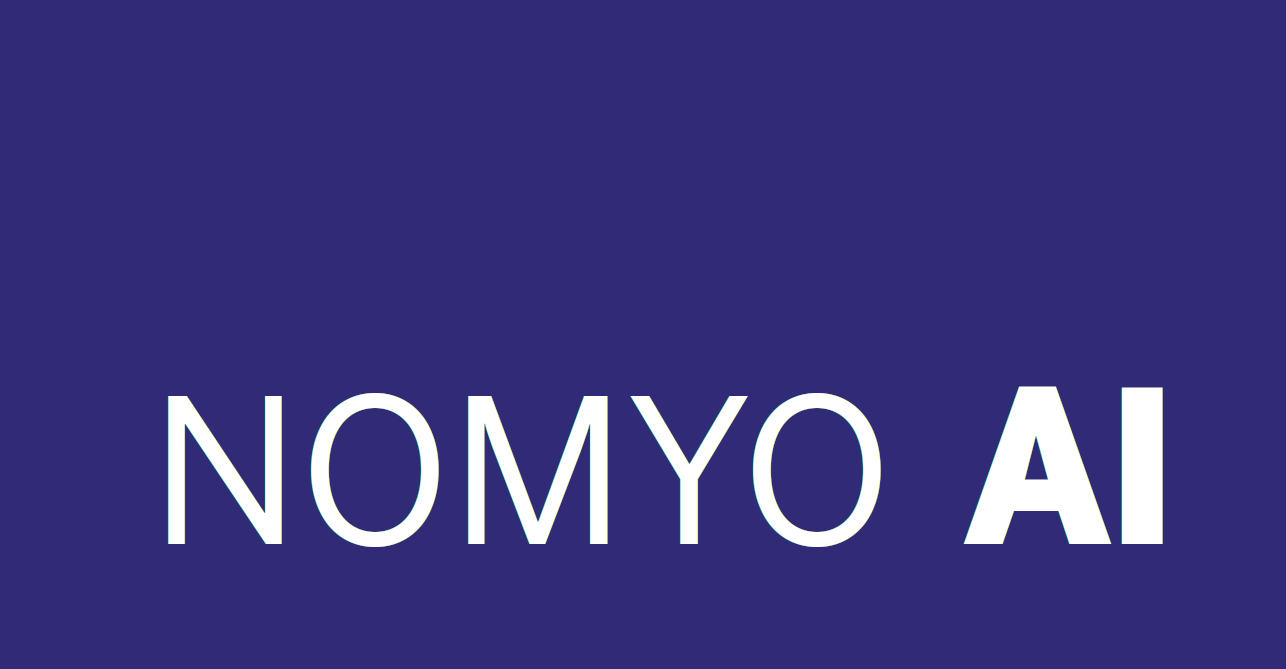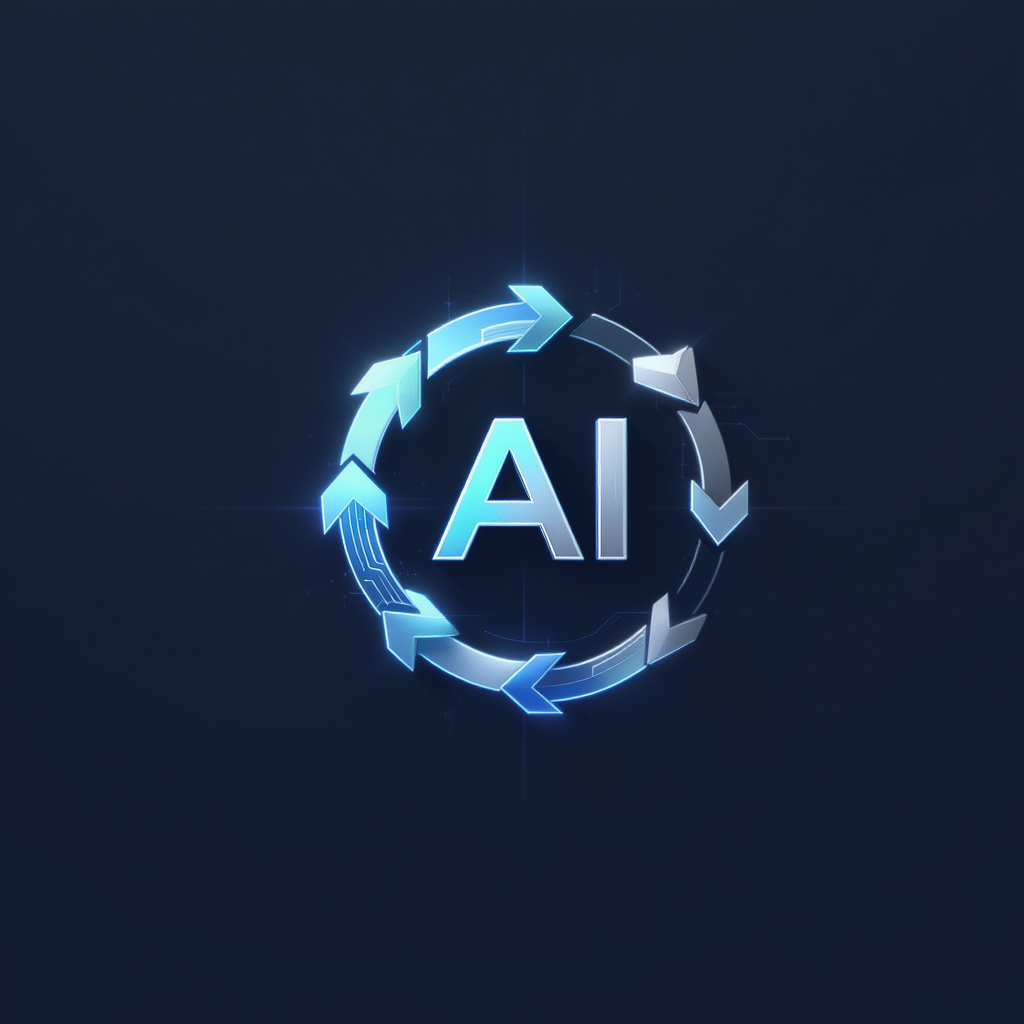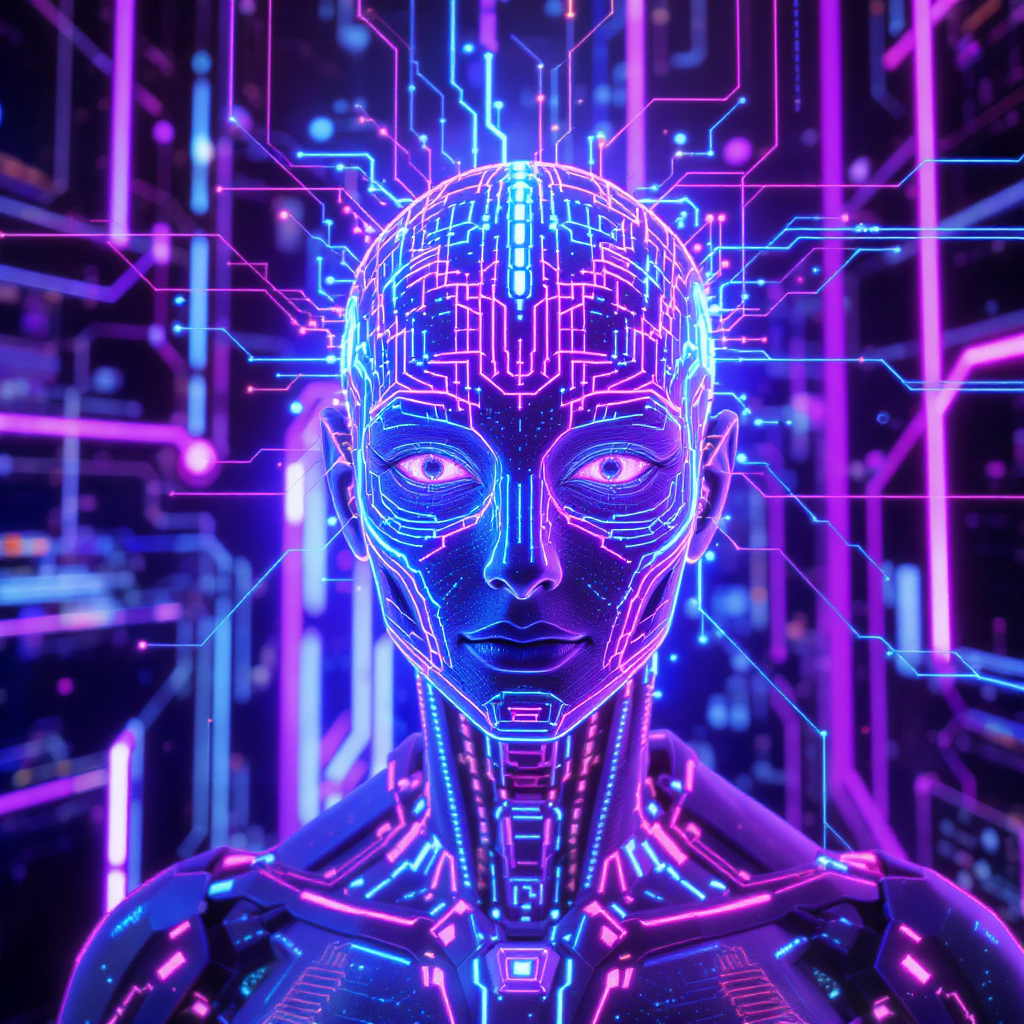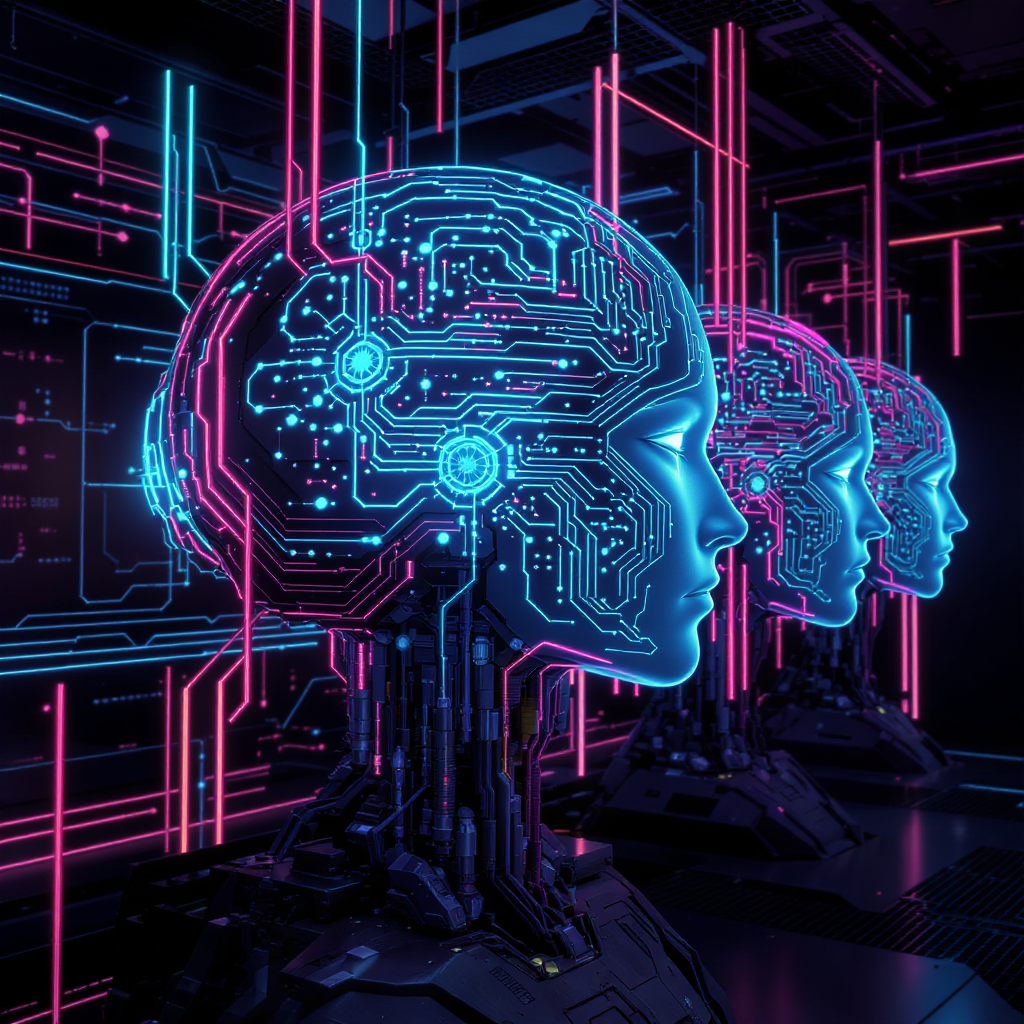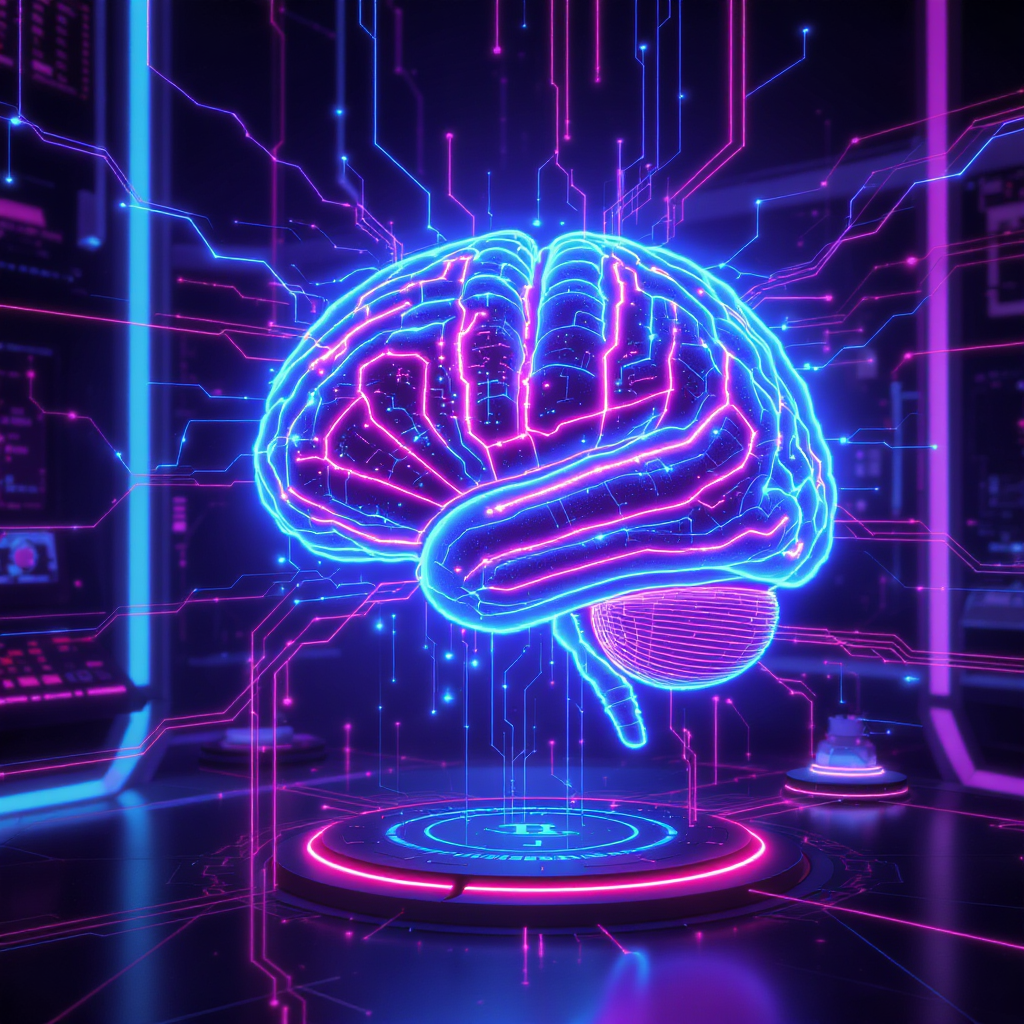Understanding AGI
In the very first post of this series, we tried to define AGI and we carefully used the word “hypothetical” in connection with “intelligence”.
Intelligence is defined as a concept that refers to the ability to learn, understand, and apply knowledge and skills. It encompasses various cognitive processes such as reasoning, problem-solving, memory, perception, and learning. Intelligence can be broadly categorized into different types.
- Cognitive Intelligence : This involves logical reasoning, problem-solving, and the ability to process information efficiently. It is often measured by IQ tests.
- Emotional Intelligence : This refers to the ability to recognize, understand, and manage one’s own emotions, as well as respond appropriately to the emotions of others. It includes skills like empathy, self-awareness, and social skills.
- Practical Intelligence : This is the ability to apply knowledge and skills in real-world situations. It involves adaptability, common sense, and the ability to navigate everyday challenges.
- Creative Intelligence : This involves the ability to think innovatively, generate new ideas, and find unique solutions to problems. It is often associated with artistic and inventive abilities.
- Social Intelligence : This refers to the ability to understand and navigate social situations effectively. It includes skills like communication, cooperation, and understanding social norms.
Intelligence is not a single, fixed trait but a combination of various abilities that can be developed and improved over time. Different theories and models of intelligence have been proposed, each highlighting different aspects of what it means to be intelligent.
Continue reading
